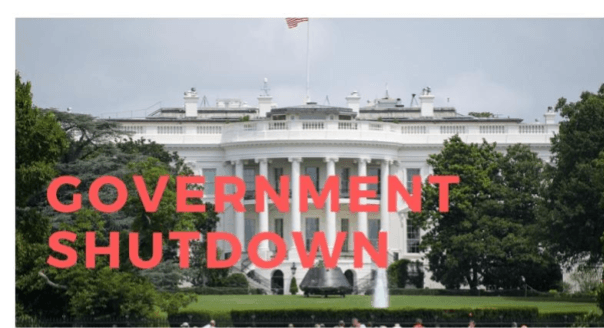1/28/19
The longest government shutdown in American history has just ended, and it has certainly left its impact on the country. The shutdown was caused by an impasse over a spending bill for President Trump’s border wall. During the shutdown, funding for most government agencies is stopped, including pay for some disabled military veterans. Government workers and agencies have not received any money since December 23. Many of these veterans rely on this source of income because they are not fit to work.
Shanna Matthews is a disabled combat vet living in Farmington. She was diagnosed with Post Traumatic Stress Disorder (PTSD) after coming back from her service. It is difficult for her to work because her PTSD can be triggered by confrontation from others, big crowds, and loud noises. She said that leaving the security of her own home makes her feel very uncomfortable. She suffered from a Traumatic Brain Injury, which makes it difficult for her to talk on the phone because it has lessened her auditory skills. Shanna said she was “surprised and relieved to learn that my medical team at the Veteran Affairs office were all still working and unaffected.” This meant that she could still get her medication and got to her appointments. However, she ended up being more worried about her pay. Because it is difficult for her to work, she relies on government funding. She said, “I was still receiving my pay but rumors circulated that there was an allocated budget- that could eventually run out if things don’t get figured out.” So, while she was still receiving her pay, she had to live with the anxiety that that luxury might soon stop.
Other people in the country were not so fortunate. Federal workers went without pay for several weeks, and citizens that relied on food stamps were worried they may not receive them in the coming weeks. They received February food stamps in January, so now they have to make sure to make those last until the end of the month.
While all seems well in the world now that the government has re-opened, things may not be as bright as they appear. The first thing to consider is that the shutdown cost the U.S. economy $11 billion. Additionally, it cost business owners some money that could cause them some trouble. It may take federal agencies a while to get their footing back, according to USA Today. To make matters worse, the shutdown could start again. The Senate and House are working to compromise on a border plan, but there’s only a small chance that they will come to a conclusion. Trump told the Wall Street Journal that “I personally think it’s less than 50-50,” describing the odds of the groups to make a decision.



















